Category: News
-
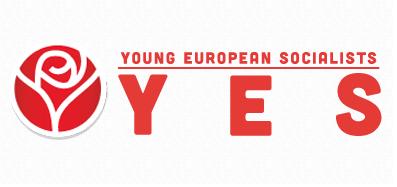
Resolution on the 100th anniversary of the Armenian Genocide, proposed by the AYF Armenia and MJS France
Impunity legitimizes violence and encourages future crimes. Our world faces constant dehumanization of the human nature, constant threat to human life, manmade catastrophes and atrocities of various type. The world is often silent on this, justifying its silence by the inutility of any attempt to change anything. We, the Young European Socialists, view silence as…
-
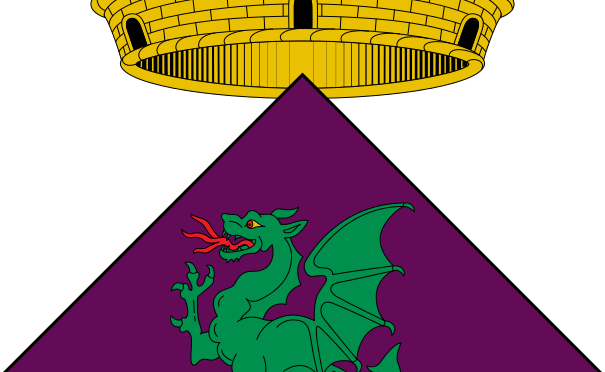
Spanish city of Santa Margarida recognizes the Armenian Genocide
(horizonweekly.ca) The Spanish city of Santa Margarida has officially recognized the Armenian Genocide, Press Service of the Armenian Ministry of Foreign Affairs reports. The decision of the City Council reads, in part: “Considering that some governments, including those of Turkey and Spain, do not acknowledge the Armenian Genocide, Considering that the crimes against humanity have…
-
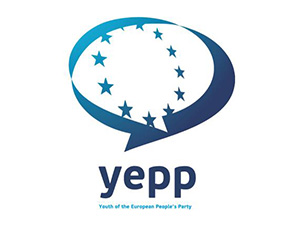
European People’s Party Youth Recognize Armenian Genocide
(asbarez.com) BRUSSELS—The 10th Congress of the Youth of the European People’s Party (YEPP) adopted a Resolution recognizing and condemning the genocides of Armenians, Greeks and Assyrians. In the Resolution the YEPP calls on the member states of the European Union and the Council of Europe, as well as the international organizations to recognize and restore…
-
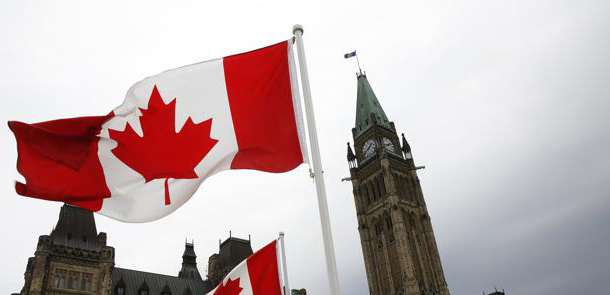
Canadian Senate Reaffirms Recognition of Armenian Genocide
(horizonweekly.ca) OTTAWA (May 13, 2015) – The Canadian Senate reaffirmed today its recognition of the Armenian Genocide by reiterating support for Motion 44, first approved in June 2002. “By formally recognizing the Armenian genocide, Canada lives up to the principles that we have promoted throughout the world. Any country that desires to suppress its past,…
-
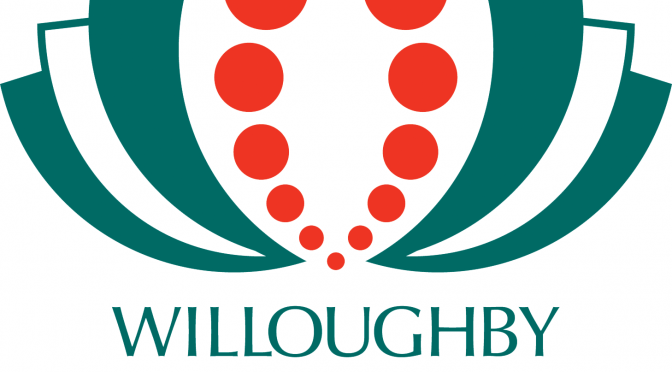
Willoughby City Council in Australia recognises the Armenian Genocide
(anc.org.au) SYDNEY: Willoughby City Council, in Sydney’s North Shore, has passed a motion recognising the Armenian Genocide, reported the Armenian National Committee of Australia (ANC Australia). On Monday 11th May 2015, Willoughby City Council – the municipality that is home to many thousands of Sydney-Armenians, as well as to Armenian churches and community centres –…
-
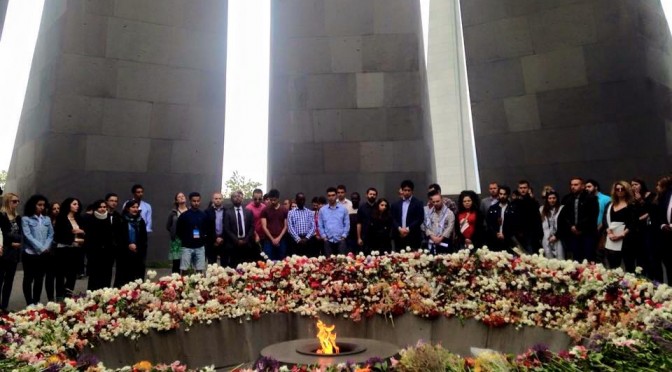
Socialist Youth World Council Adopts Resolution Calling for Armenian Genocide Recognition, Reparations
(armenianweekly.com) YEREVAN — The International Union of Socialist Youth (IUSY) World Council unanimously passed a resolution on the 100th anniversary of the Armenian Genocide, condemning the denial of the genocide and demanding justice for the crime. The World Council, which took place in Yerevan and was hosted by the Armenian Youth Federation (AYF) of Armenia,…
-
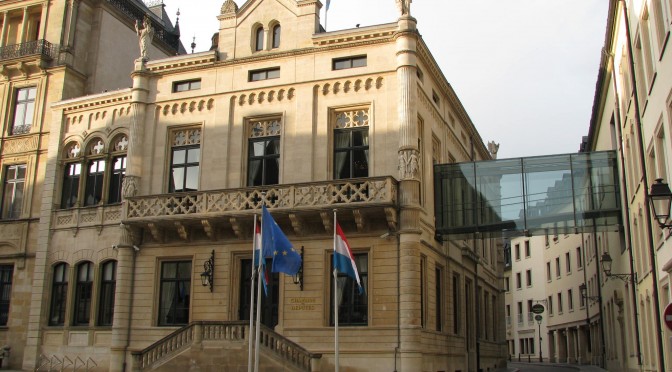
Luxembourg parliament votes to recognise Armenian genocide
Luxembourg Wort – (CS/CBu) The Luxembourg parliament on Wednesday unanimously voted to officially recognise the Armenian 195 – 1918 killings during the Ottoman Empire as genocide. The CSV had introduced the motion in parliament. The vote came despite protest from the Turkish community in Luxembourg which warned of an oversimplification of facts, adding that it…
-
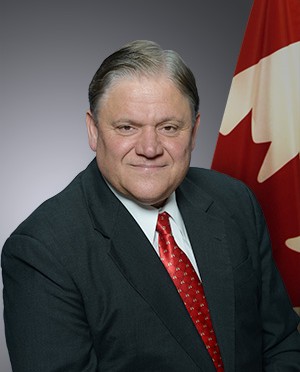
Toronto City Council Passes Armenian Genocide Recognition Motion
(horizonweekly.com) Toronto City Council voted today, on Motion MM6.7 which reads: “City Council recognizes the 100th Anniversary of the Armenian Genocide to honour the memory of the men, women and children who died.” The motion was brought forward by Councillor Jim Karygiannis (Ward 39) and, through strong support from longtime friends of the Armenian community,…
-

The Catholicosate of Cilicia demands its Property in Sis from the Turkish Constitutional Court
(armenianorthodoxchurch.org) On Tuesday 28 April 2015, the attorney of the Catholicosate of Cilicia in Turkey submitted a brief to the Constitutional Court in Turkey, requesting the return of its Centre in Sis (Kozan). Convinced that recognition of the Genocide and compensation should go together, His Holiness Aram I, on the year of the 100th anniversary…
-
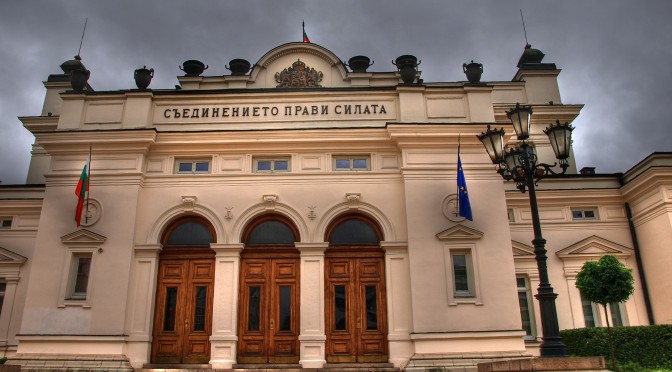
Bulgarian Parliament Resolution
Project for Decision Recognizing the Mass Extermination of Armenians in the Ottoman Empire 1915 – 1922 The extermination of the Armenians in the Ottoman Empire in 1915 – 1922 was identified with definite historical facts and authentic documents. According to the humane traditions of the Bulgarian people and the obligations under the UN documents ratification,…